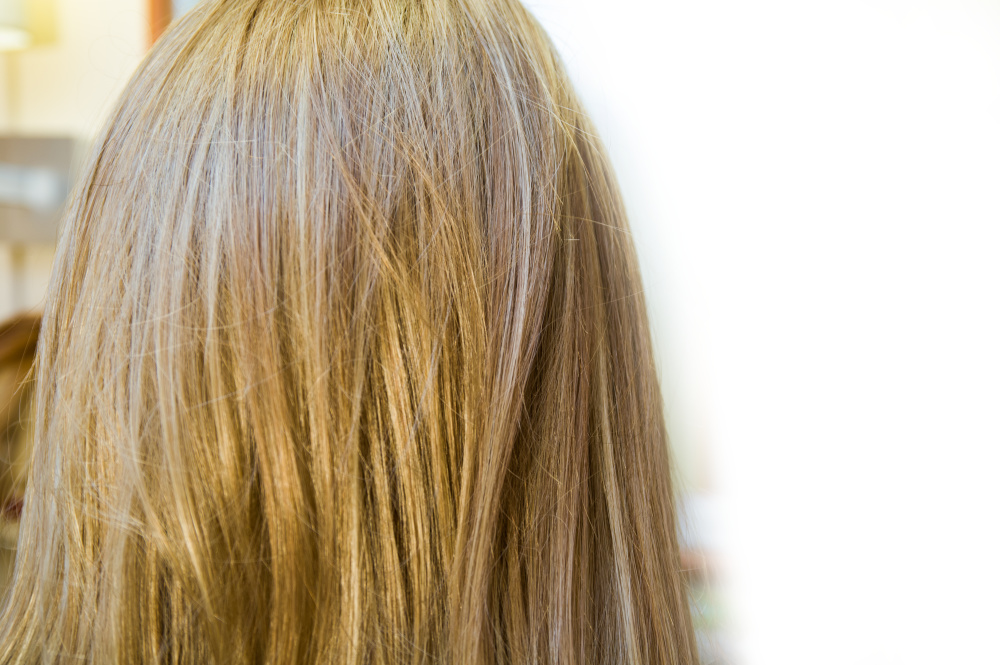Scalp hypothermia, more commonly known as scalp cooling, is a relatively new treatment to try to prevent or reduce hair loss during chemotherapy. It involves placing a tight, cooled cap on the head before, during, and after each chemo session. The cooling cap is attached to a machine that circulates a liquid coolant through the cap. This cooling process reduces blood flow to the cells that produce hair and may protect them from chemotherapy.
Do cooling caps work? The short answer is yes. Recent studies show that women with early stage breast cancer who underwent scalp cooling were significantly more likely to keep at least some hair through treatment. Still, there’s no guarantee that scalp cooling will prevent hair loss. Even if you use a cooling cap, you will probably still lose some hair. In fact, studies to date show that most people who use a cooling cap will still experience some hair thinning. And moderate hair loss (losing 30 to 50 percent of hair) may still happen.

Scalp cooling’s success in limiting hair loss will usually depend on several factors, such as cap fit, the condition of your hair at the start of treatment, the chemotherapy drugs you receive, and how the drugs are given. For example, scalp cooling may be more effective if you receive a taxane-based drug, like Taxol. It may also be more effective when Taxol is given weekly instead of every two or three weeks. On the other hand, scalp cooling may be less effective if you receive an anthracycline-based drug, like Adriamycin.
If you are considering whether to use scalp cooling, be sure to first talk with your care team about its pros and cons. Clinical trials have shown scalp cooling to be safe, but long-term follow-up studies are ongoing. Another point to keep in mind is cost. Scalp cooling can be expensive and is not usually covered by insurance. You may need to pay all expenses out-of-pocket. However, some nonprofit organizations provide financial support to patients who may need help paying for scalp-cooling supplies. Some nonprofit organizations, such as Hair to Stay and The Rapunzel Project, provide financial support to help pay for scalp-cooling supplies.
